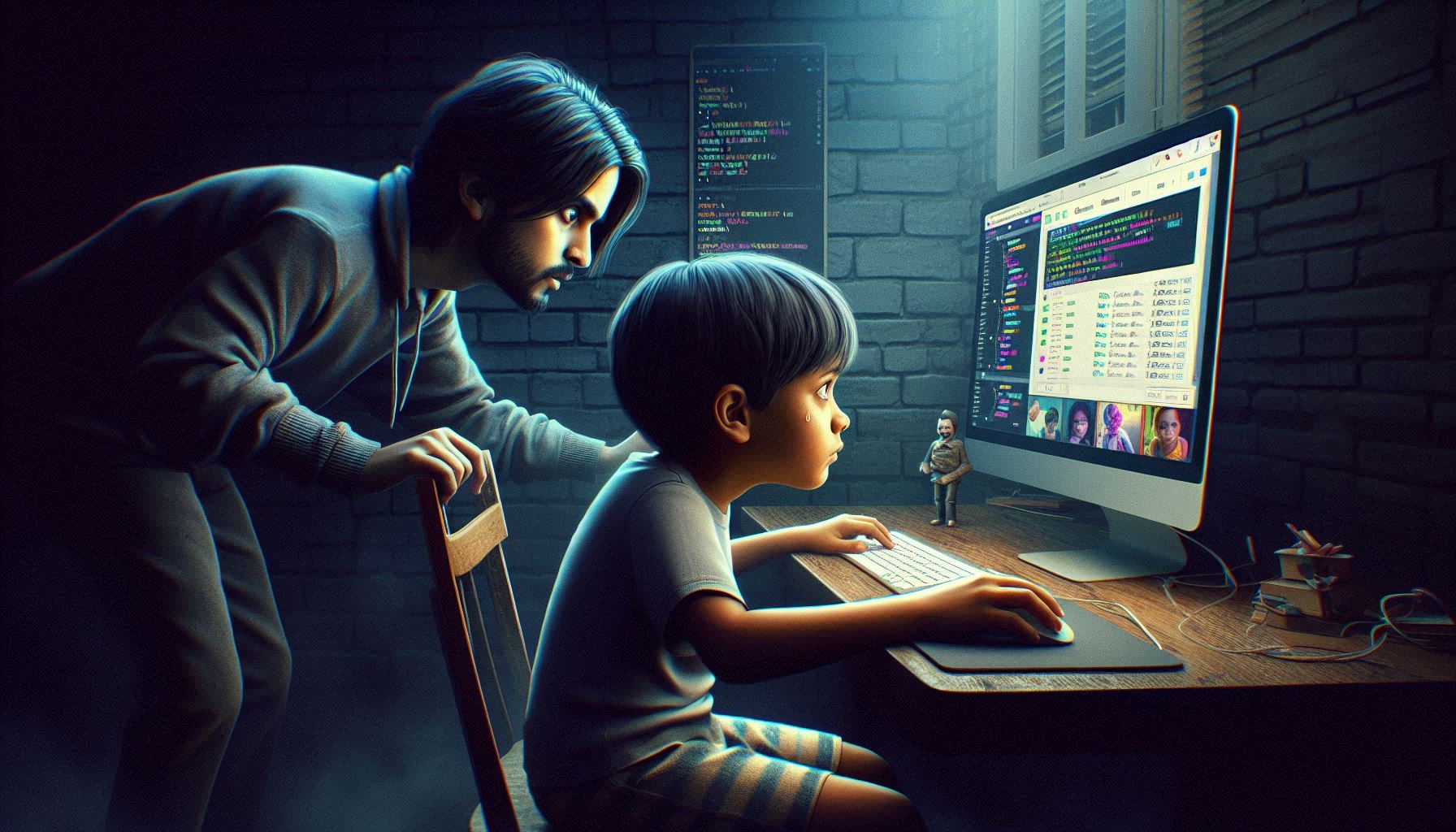The Absurdity of Modern Educational Marketing
Picture this: A six-year-old coding prodigy named Wolf Gupta, raking in a 10-figure salary at a global tech giant. Sounds absurd, right? Well, welcome to the world of ed-tech marketing, where reality is often stranger than fiction, and parental anxieties are the fuel that keeps the engine running.
The Psychology of Parental Manipulation
The rise of ed-tech companies has brought with it a masterclass in psychological manipulation. These companies have tapped into the deepest fears and aspirations of parents, creating a perfect storm of anxiety, competition, and FOMO (Fear of Missing Out). But how exactly do they do it?
Fear of Failure
First, let’s talk about the fear of failure. In a world where success is often narrowly defined by capitalist metrics – the right college, the right job, the right salary – parents are terrified of their children being left behind. Ed-tech companies expertly play on this fear, positioning their products as the golden ticket to success. They’re not just selling education; they’re selling insurance against an uncertain future.
The Power of Social Proof
Then there’s the power of social proof. When these companies boast about students from their programs making it to top IITs or landing high-paying jobs, they’re tapping into our natural tendency to follow the crowd. It’s a classic case of “If it worked for them, it must work for us too.” This creates a self-fulfilling prophecy: as more parents buy in, the pressure on others to do the same increases.
But perhaps the most insidious tactic is the exploitation of parental guilt. By suggesting that not buying their product is equivalent to denying your child opportunities, these companies create a false dichotomy. It’s a psychological trap: either you’re a good parent who invests in your child’s future, or you’re negligent. Who wouldn’t choose the former?
The Bigger Picture: A Societal Malaise
But let’s pause for a moment and consider what this trend really signifies. It’s not just about pushy ed-tech sales tactics; it’s a symptom of a deeper societal malaise. We’re living in an age where success is narrowly defined, and our children are the unwitting participants in a giant rat race.
The Death of Individuality
This obsession with comparison and competition is the death knell of individuality. When we start viewing our children as products to be optimized rather than individuals to be nurtured, we’ve lost the plot. It’s like we’re trying to stuff square pegs into round holes, and then wondering why they don’t fit.
The irony is palpable. In our quest to give our children the best start in life, we’re potentially robbing them of the very things they need to truly prosper – creativity, curiosity, and the freedom to find their own path. We’re so busy preparing them for a hypothetical future that we forget to let them enjoy their present.
This is not to say that education and preparation are bad. Far from it. But when we reduce education to a series of checkboxes and rankings, we miss the forest for the trees. We forget that true education is about lighting a fire, not filling a bucket.
The Way Forward
So, what’s the solution? Perhaps it’s time we took a step back and reevaluated our priorities. Instead of asking “How can my child get ahead?”, maybe we should be asking “How can my child be happy and fulfilled?”. Instead of coding classes for six-year-olds, how about more time for free play? Instead of junior MBAs, how about courses in empathy and emotional intelligence?
As parents, we need to become more aware of these psychological tactics and learn to resist them. We need to trust our instincts and remember that we know our children better than any ed-tech algorithm ever could.
The True Gift of Education
In the end, the greatest gift we can give our children is not a head start in the rat race, but the tools to chart their own course. After all, in a world where AI can probably code better than most humans, it’s the uniquely human qualities – creativity, critical thinking, emotional intelligence – that will truly set our children apart.
Embracing Individuality
So, the next time an ed-tech company tries to sell you on the idea of turning your toddler into the next tech tycoon, remember: the most successful people in life are often those who dared to be different, not those who followed the crowd. Let’s give our children the space to be themselves, free from the pressure of constant comparison and the tyranny of early achievement.
Who knows? They might just surprise us with where they end up. And isn’t that the real joy of parenting – watching our children grow into their own unique selves, not into the cookie-cutter molds society tries to force them into?
In the end, perhaps the best education we can give our children is the freedom to be themselves, the courage to fail, and the resilience to get back up and try again. That’s a lesson no app or online course can teach, but it’s one that will serve them well for a lifetime.

